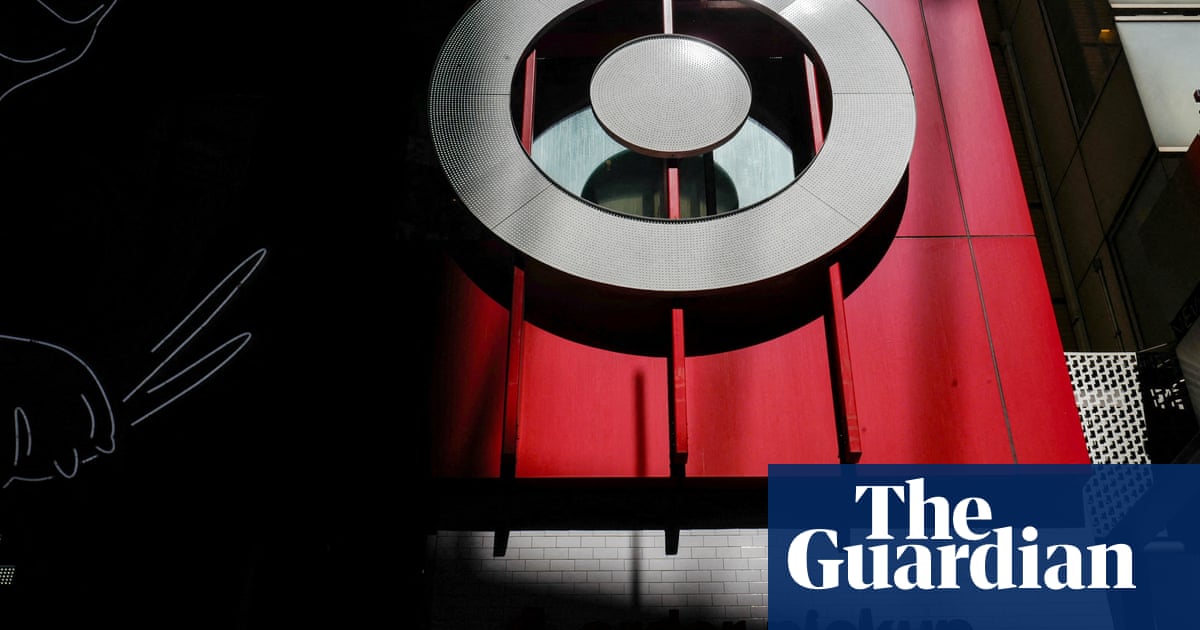Sales at Target fell more than expected in the first quarter, and the retailer warned they will slip for all of 2025 year as its customers, worried over the impact of tariffs and the economy, pull back on spending.
Target also said that customer boycotts have also done some damage during the latest quarter. The company scaled back many diversity, equity and inclusion (DEI) initiatives in January after they came under attack by conservative activists and the White House. Target’s retreat created another backlash, with morecustomers angeredby the retailer’s reduction of LGBTQ+-themed merchandise for Pride month in June of 2023.
Sales fell 2.8% to $23.85bn in the quarter, and that was short of the $24.23bn Wall Street expected, according to FactSet. Sales are also down from the $24.53bn the company reported during the same period last year.
Target cut its annual sales projections on Wednesday. The company now expects a low-single digit decline for 2025 after projecting a 1% increase for sales in March.
Comparable store sales, those from established stores and online channels, fell 3.8%. That includes a 5.7% drop in store sales and a 4.7% increase in online sales. That reverses a comparable store sales increase of 1.5% in the previous quarter.
The number of transactions across online and physical stores fell 2.4%, and the average ticket dropped 1.4%. Target said on Tuesday that it could not reliably estimate the individual impact of each of the factors that were hurting its business.
The latest results underscore Target’s ongoing struggle in recent years to revive sales particularly in nonessentials like fashion and home furnishings as competition grows more fierce with the likes of Walmart and Amazon. Target’s shares have fallen more than 37% in the past 52 weeks.
Target rival Walmart reported strong quarterly sales last week. The nation’s largest retailer said it had alreadyraised priceson some items due to tariffs and that more price hikes were on the way this summer when the back-to-school shopping season goes into high gear. For example, car seats made in China that currently sell for $350 at Walmart will probably cost customers another $100, executives said.
Target did not offer specifics on tariffs’ impact on prices, but said that it was looking at different ways to offset those costs.
“We look at competition,” Cornell told reporters. “We make adjustments literally each and every week, so we’re constantly adjusting pricing. Some are going up. Some will be reduced.”
Donald Trump’s threatened 145% import taxes on Chinese goods were reduced to 30%in a deal announced 12 May, with some of the higher tariffs on pause for 90 days.
Yet Americans were already pulling back on spending as they grow increasingly uneasy over the state of the US economy.Companiesincluding toy manufacturer Mattel, toolmaker Stanley Black & Decker and consumer products giant Procter & Gamble have announced higher prices or plans to raise prices because of the trade war kicked of by the US.
